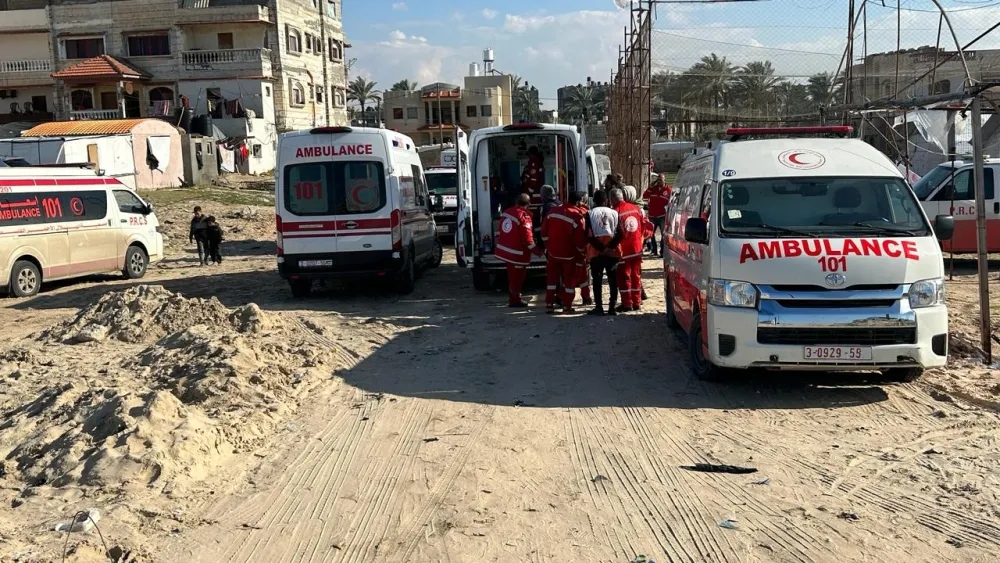In the desolate expanse of northern Gaza, the grim reality
of survival has reached its nadir, with Palestinians resorting to desperate
measures to endure the Israeli siege and the harrowing specter of food
shortages.
The tragic events of 29 February, where over a hundred
individuals perished while awaiting vital food aid in Gaza City, cast a glaring
spotlight on the extreme deprivation and violence gripping the north of the
enclave throughout Israel’s relentless five-month-long military campaign and
blockade.
Acknowledging their involvement, Israeli authorities
conceded to the shooting of individuals within the crowd gathered for aid along
a coastal road, attributing most casualties to stampedes or aid truck
accidents.
However, eyewitnesses and medical personnel treating the
wounded contested these claims, asserting that many victims bore gunshot wounds.
Reports indicate Israeli forces repeatedly fired upon aid-seekers in recent
months, exacerbating the dire humanitarian crisis.
The International Court of Justice's interim ruling on 26
January mandated Israel to take immediate steps to facilitate the provision of
basic services and humanitarian assistance in Gaza, following South Africa's
accusations of genocide. Yet, in the subsequent month, UN officials observed a
drastic fifty percent reduction in aid entering Gaza, precipitating the tragic
deaths of young children due to dehydration and malnutrition, with over half a
million residents teetering on the brink of starvation.
The dire situation in northern Gaza is exacerbated by
Israel's earlier directive for residents to evacuate, a move that flouted
international law and alarmed the global community. Despite the evacuation
order, hundreds of thousands defiantly remained, facing unimaginable hardships.
Reports from Beit Hanoun recount families resorting to consuming grass for
sustenance, with even animal feed, repurposed as flour for bread, dwindling in
availability.
In this humanitarian catastrophe, the United Nations'
efforts to deliver aid have been repeatedly thwarted, with Israeli authorities
denying access to aid convoys and even resorting to firing upon them. The
suspension of aid delivery by key humanitarian agencies underscores the
perilous conditions rendering relief operations untenable.
Despite sporadic international efforts such as airdrops
initiated by several countries, critics decry these actions as mere theatrics,
advocating for concerted diplomatic pressure on Israel to alleviate the
blockade and facilitate meaningful humanitarian interventions.










.jpg)